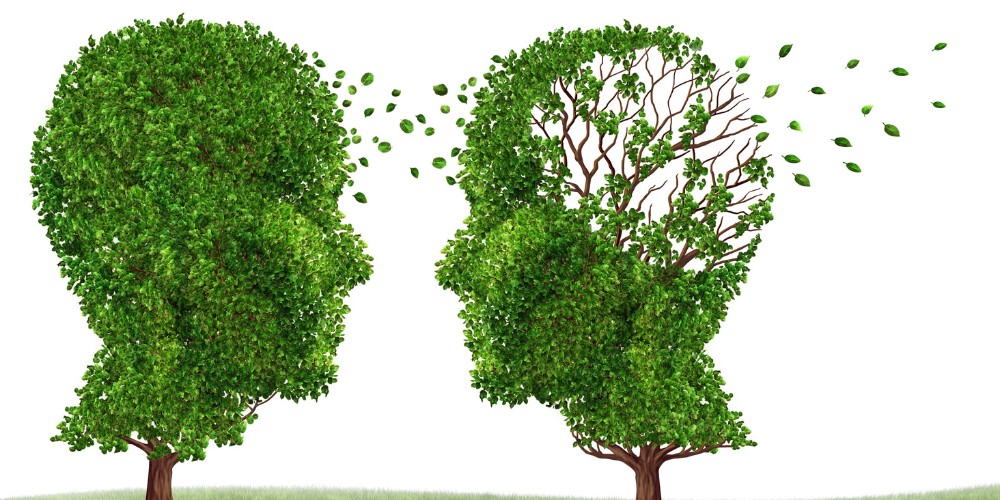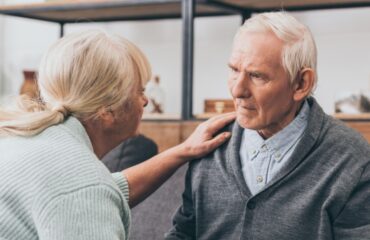A Stroke strikes every 5 minutes, with 100,000 people having strokes each year.
There are 1.3 million stroke survivors in the UK alone.
This makes it likely that you will know someone to have a stroke in your lifetime.
Stroke’s are the leading cause of disability, with almost two thirds of stroke survivors leaving the hospital with a disability.
These can include:
- Limb weakness
- Visual problems
- Language and communication problems
- Extreme fatigue
At A1 Care, we offer specialist after-stroke care to support you or your loved one through the process of recovering throughout Bournemouth, Christchurch, Poole and surrounding areas.
We recommend that stroke survivors should receive care in their own homes. This is known as domiciliary care.
It allows you or your loved one to remain independent in their own home whilst still receiving the best possible care for their stroke symptoms. If you want to know if home care is right for you then keep reading!
What is a Stroke?
A stroke happens when the blood supply to part of the brain is cut off. This means that the brain isn’t getting enough oxygen and can have catastrophic consequences. There are two types of stroke, ischaemic and haemorrhagic.
An ischemic stroke is the most common type of stroke. This is caused by a blockage, usually a blood clot, cutting off the blood supply to the brain. Haemorrhagic strokes are caused by a blood vessel bursting in the brain.
Remember, strokes are incredibly serious due to the after effects they have. They are a medical emergency and need to be treated as quickly as possible.
Always think FAST:
- Face – has their face fallen to one side? Are they able to smile?
- Arms – can they raise both arms above their head and keep them elevated?
- Speech – is their speech slurred?
- Time – if you see any one of these signs then it’s time to call 999 and get medical help immediately.
Some stroke survivors recover quickly, however many people need long-term support to help improve their quality of life. It’s important to set goals that you want to achieve with your care team during your recovery.
This has two benefits:
- It helps you see how your recovery is going
- It also keeps you motivated.
We know it’s easy to want to give in, especially when it feels like you aren’t recovering as quickly as you want, so setting smart goals should avoid this.There are also psychological problems that can affect people after a stroke, such as depression or anxiety.
At A1 Care, our carers are trained to deal with any mental health needs that our clients may have.
How Domiciliary Care Can Help
Domiciliary care means that your loved one is able to receive care in the comfort of their own home. This can help some of the psychological problems caused by the stroke, as they are able to keep their own routine and be surrounded by their belongings.
We will also be able to take them to any social events you would like to go to, as our carers are trained to accompany you to social events. This can help improve the quality of life of the stroke survivor as it avoids feelings of isolation and loneliness. After a stroke you might find that your loved one has trouble with mobility.
At A1 Care, we are trained in moving and handling, so we are able to help them move around their home. We are also able to help them with any exercises that their physiotherapist has recommended to help alleviate your symptoms. We are also able to give guidance and help to administer medicine, as many stroke victims have problems with swallowing.
Respite Care for Stroke Care
Domiciliary care also allows any family members or friends taking care of the stroke victim to take some respite.
Respite care means that you are able to take a break from your care-giver duties, while knowing that your loved one is still being properly cared for. If you think you might need respite, read our blog post on the 8 signs you need respite care.
This is a typical scenario of those we help with strokes, “A stroke victim’s family, after having a severe stroke, decided that they should have domiciliary care instead of going into a care facility, such as a care home. This decision was made by the family as they knew their loved one would want to remain close to them and in their own home.
Their carer was able to help them complete their daily tasks such as getting up, bathing, cooking, and cleaning, so the stroke survivor was able to do the things that mattered most to them.”
A1 Care
At A1 care, all of our carers go through an intense training programme so that we are able to deliver the best care possible. They attend monthly refresher courses.
This includes topics which can be applied to after-stroke care, such as:
- Medication
- Moving and Handling
- Person Centred Care
- Nutrition and Fluids
- Risk Assessment
Our carers also go through specialised training to meet the needs of people who have suffered from strokes. This ensures that our carers are up to date with the best practices for after-stroke care, and are able to meet any of the needs that you or your loved one might have.
We are trained to be compassionate and patient, as we know that the recovery period after a stroke can be a slow and long process. All of our carers take a person centred approach to their duties.
This means they will personalise you or your loved ones care plan so that it’s tailored to your routine, hobbies, personality, and needs. A one size fits all approach does not work for care.
Every individual is different, so their care plan will also have to be different. A personalised care plan allows us to give you or your loved one the best possible care.
To see a more extensive list of the training our carers undergo, check out our website today.
If you think domiciliary care is the best option for your loved one get in touch with us today to arrange an assessment and see how we can help.
A1 Care covers a 20 mile radius of the areas of Bournemouth, Christchurch and Poole, so if you’re in the area and need a carer we are your #1 choice.We have been awarded a 10/10 ranking by Home Care, and are ranked No.1 in the BCP area.




